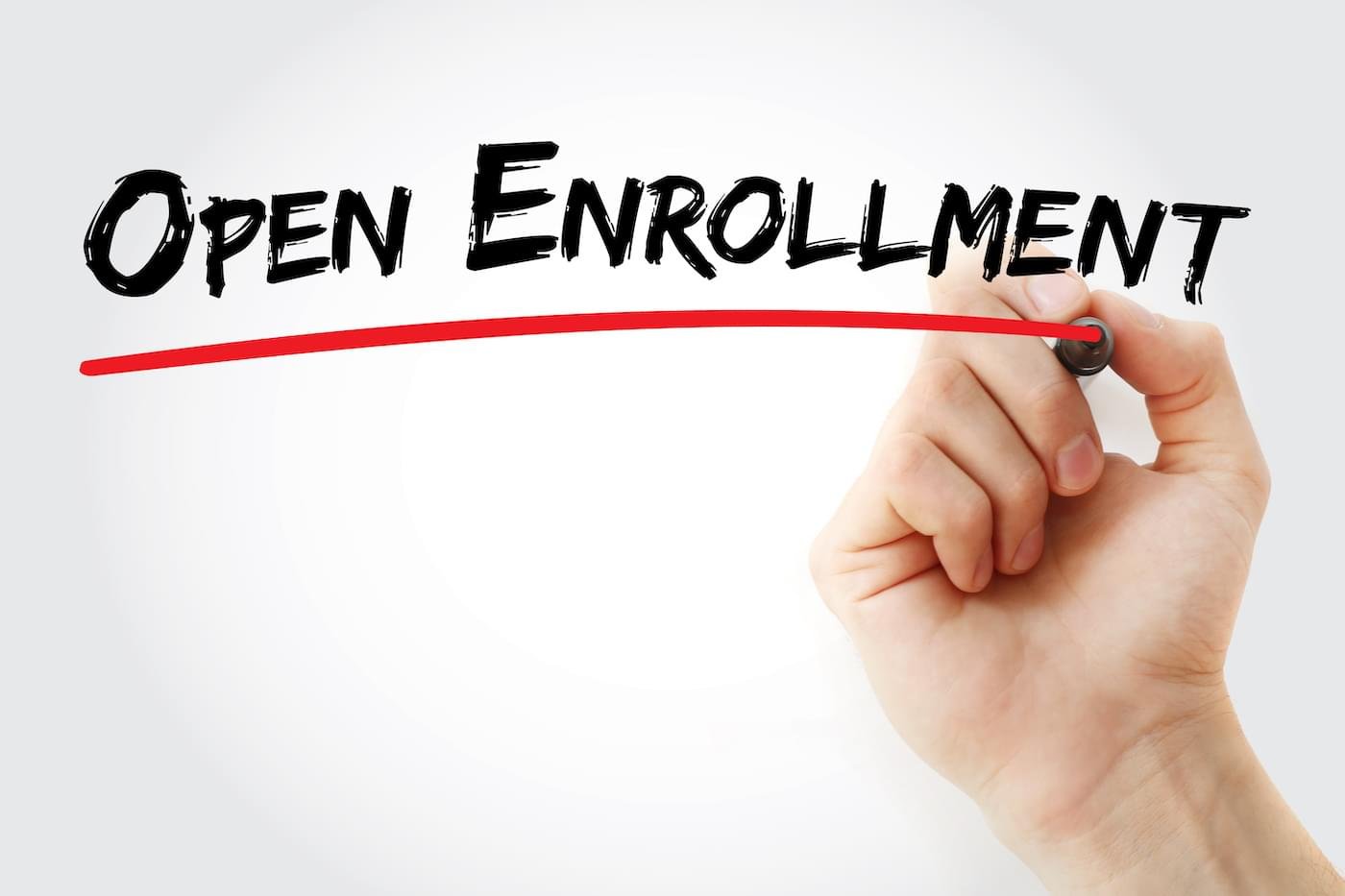Background
Title IX is a federal civil rights law that states: “No person in the United States shall, on the basis of sex, be excluded from participation in, be denied the benefits of, or be subjected to discrimination under any education program or activity receiving Federal financial assistance.” Therefore, if your school receives federal funding, all programs and activities operated or sponsored by the school, including its athletic program, are covered by Title IX.
Evaluating your school’s athletic program
If your school is covered by Title IX, it must provide equal opportunity based on sex. This requirement includes your school’s athletic program and extends to club, intramural, and/or interscholastic teams. Equal opportunity in K-12 athletic programs is measured in two ways which are explained in the evaluation below.
MEASURE 1: Benefits, opportunities, and treatment
The first step in evaluating your school’s athletic program is determining whether your school offers equivalent benefits, opportunities, and treatment, which apply to the following categories:
Equipment and Supplies
Does your school provide athletic gear of equivalent quality, quantity, suitability, condition, and availability for athletes on boys and girls teams?
Scheduling Games and Practice Times
Do boys’ and girls’ teams both have a reasonable opportunity to compete before an audience? For example, if all girls’ games are scheduled for Sunday mornings when all boys’ games are scheduled for Friday nights, the girls’ teams likely do not have the same opportunity to compete before an audience.
Do boys’ and girls’ teams play an adequate number of regular season games or other competitions? Further, are the number and length of practice sessions equivalent for teams in the same or similar sport?
Finally, are practice times equally convenient for both boys’ and girls’ teams? For example, always scheduling practice for the girls’ swim team at 5:00am when the boys’ swim team is always scheduled for practice at 7:00am would not likely provide equally convenient practice times.
Travel and Daily Allowance
Do boys’ and girls’ teams use equivalent modes of transportation when traveling to away games? Do they have equivalent accommodations when traveling overnight? Finally, do they receive equivalent meals or meal allowances (if offered)?
Coaching
Do boys’ and girls’ teams have equivalent coaches with equivalent qualifications, and are the coaches available for equivalent amounts of time?
Do coaches of boys’ and girls’ teams receive equivalent compensation? If not, can your school justify the difference in pay using factors that are nondiscriminatory?
Finally, do coaches of boys’ and girls’ teams have equivalent “other duties” such as teaching vs. full-time coaching?
Locker Rooms, Fields, Courts, Other Facilities
Are the boys’ and girls’ locker rooms equivalent in quality and size? Additionally, are the conditions of playing fields, courts, pools, and other athletic facilities equivalent? For example, is there equivalent maintenance, access to restrooms, availability of spectator seating, scoreboards, lighting, and other amenities?
Medical and Training Facilities and Services
Are training and conditioning facilities equivalent for boys’ and girls’ teams, and is there equal access to these facilities? Similarly, is there equivalent access to medical and training personnel/services?
Publicity
Does your school provide equivalent coverage of boys’ and girls’ teams and/or athletes on its website, social media, or other publicity? Further, are cheerleaders, pep bands, and drill teams are provided equivalently?
Finally, it is important to note that if your school receives unequal support for either boys’ or girls’ teams through booster clubs and/or parents, it is your school’s responsibility to ensure boys’ and girls’ teams remain equal despite the difference in outside financial support. If your school does not take steps to remedy the inequality, this may indicate a potential Title IX violation. Moreover, if throughout the evaluation you answered “no” to any of the questions regarding benefits, opportunities, and treatment, this may indicate a potential Title IX violation as well.
MEASURE 2: Meeting students’ athletic interests and abilities
The second step in evaluating your school’s athletic program is determining whether your school is fulfilling its duty to meet students’ athletic interests and abilities. Your school can choose one of three options to demonstrate that it fulfils that duty.
Substantial Proportionality (Option 1)
This option looks at whether the percentage of girl and boy participants on athletic teams are about the same or “substantially proportionate” to the percentage of girls and boys enrolled at the school. If this is the case, your school can likely use option one to show its athletic program provides equal opportunity under Title IX. However, if there is disproportionality, your school must show that there is not enough interest and/or ability among students to form a viable new team for the sport in question. If there are enough students to form a viable new team, then Option 1 would not be available to your school.
History and Continuing Practice (Option 2)
This option looks at whether your school can show it has a history and continuing practice of expanding its athletic program to respond to the interests and abilities of underrepresented students. Historically, girls were underrepresented in schools’ athletic programs, and schools used this option as they expanded their girls’ programs. However, when either girls or boys have been, and remain underrepresented in your school’s athletic program, if your school has a history and continuing practice of adding or expanding teams to accommodate expressed interest, your school can likely use Option 2.
Interests and Abilities of Students (Option 3)
The third and final option looks directly at interests and abilities of students. This option asks whether your school can show that it otherwise meets the athletic interests and abilities of the underrepresented sex, despite disproportionality existing within its athletic program? For example, is there is an unmet interest in a particular sport that is not offered at your school? Is there enough talent and skill among the underrepresented students to sustain a team in that sport? Finally, are there other schools in the area currently competing in the sport? If so, your school probably cannot use Option 3. However, if there is not enough interest or ability to sustain a viable team in the sport, your school can likely use Option 3 to show that it provides equal opportunity despite the apparent disproportionality.
What to do if you think your school’s athletic program violates Title IX
Students, parents and guardians, employees, or other members of the school community who believe their school may be providing unequal athletic opportunities based on sex may file a complaint through their school’s grievance procedures. Every school district covered by Title IX is required to prominently display contact information for the Title IX Coordinator, who can provide information about the school’s grievance procedures. The Title IX Coordinator is responsible for overseeing all Title IX complaints in your school or district, including for unequal athletic opportunities. You should be able to find their contact information on the school or district website as well as in student and employee handbooks and catalogs.
Additionally, anyone can file a complaint with the OCR on their own or with the help of an attorney. This includes students, parents and guardians, employees, coaches, athletic directors, community members, and others who experience or suspect discrimination in education programs or activities, including in a school’s athletic program. The OCR will then investigate the complaint and perform an evaluation similar to the one covered throughout this article. If a violation exists, the OCR will step in to remedy the issue and enforce Title IX.





















